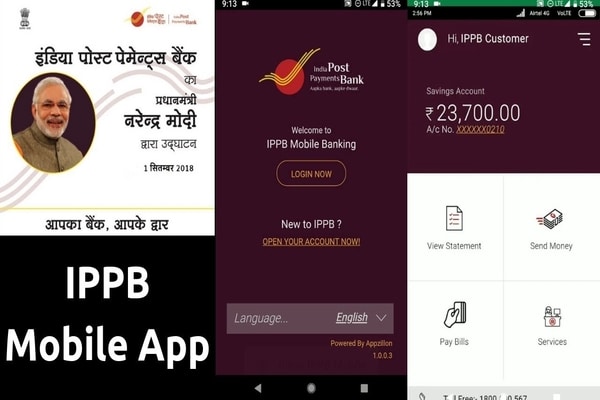In line with the recently issued guidelines by the Reserve Bank of India (RBI) to secure customers’ financial data, the National Payments Corporation of India (NPCI) on Wednesday launched the NPCI Tokenisation system (NTS) to support the tokenization of RuPay cards as an alternative to storing card details with merchants.
Based on the set of guidelines that have been mandated by the RBI, sensitive customer information is to be stored in the form of an encrypted ‘token’ to help secure transactions. These tokens then allow payments to be processed without disclosing the customer details or allowing the payment intermediaries to store customer data that could breach security and privacy.
NPCI’s Token Reference On File (TROF) service will help millions of RuPay cardholders, maintain the security of their financial data. The card details of the customers will be completely safe & secure at the RuPay Network Secure vault.
How the tokenization will work.
As per the NPCI press release, this is how tokenization will work:
Based on the set of guidelines that have been mandated by the RBI, sensitive customer information is to be stored in the form of an encrypted ‘token’ to help secure transactions. These tokens then allow payments to be processed without disclosing the customer details or allowing the payment intermediaries to store customer data that could breach security and privacy.
“The card details of the customers will be completely safe and secure at the RuPay Network Secure vault. With NTS, acquiring Banks, Aggregators, Merchants and others can get themselves certified with NPCI & can play the role of Token Requestor to help save the Token reference number (Token Reference On File) against all card numbers saved. All these businesses can maintain their RuPay consumer base utilizing TROF for future transactions initiated by their respective RuPay consumers. his fool-proof and transparent system will ensure no customer-sensitive information will get released. In addition to enhancing security, tokenization will also help in reducing friction in the payment process by providing a faster check-out experience to the customers,” stated the release.












